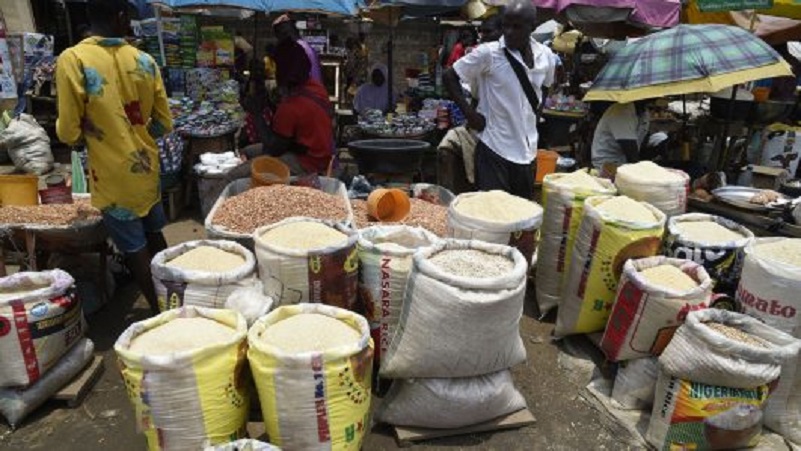To tackle food insecurity in the state, the Nasarawa State government has donated 400 hectares of farmland to the United Nations Development Programme (UNDP) for agricultural purposes.
The Special Adviser to the Governor on Non-governmental organisations and Development Partners, Ms Munirat Abdullahion, handed over the land to the implementing partners at the project sites in Awe and Keana Local Government Areas of the state.
She disclosed that the beneficiaries are people who were affected by the farmer-herder crisis and whose hope of livelihood have been tampered with, hence the donation to ensure food security in the state through mechanised farming.
Ms Abdullahion explained that the livelihood project was a component of the peace-building projects of the government in collaboration with the UNDP to address the plight of persons affected by the crisis in recent times.
The farmlands were acquired from four different villages in the southern zone of the state as part of Governor Abdullahi Sule’s effort in post-conflict programmes through food production and peace-building for the economic prosperity of the state, she said.
“Over 10,000 family members are expected to also benefit indirectly from the positive impacts of the gesture at the end of the programme,” Ms Abdullahion said.
She said besides making available the 400 hectares of farmland, the state government would also offer technical assistance, while the UNDP would provide farming inputs, equipment and other resources to ensure the success of the programme.
The governor’s aide restated the state government’s commitment to always work with genuine organisations towards improving the living standards of the people of the state.
“The project is in line with the policy of the present administration in the state to boost agricultural activities with and to create employment opportunities for the youths of the state,” she said.
Commending the state government for the gesture, Mr Enyi James, project manager of Thrive Agric, an implementing partner of the UNDP, who received the farmland on behalf of the UNDP, assured the government that they would soon commence agricultural activities in the area, to assist in addressing issues of food security in the state and the country as a whole.
He explained that they would train the farmers on modern techniques, provide boreholes and supply them with farming inputs to enable them to engage in dry season farming.
Mr James said by the time the programme commenced, it would go a long way in changing the fortunes of the farmers for the better.


































